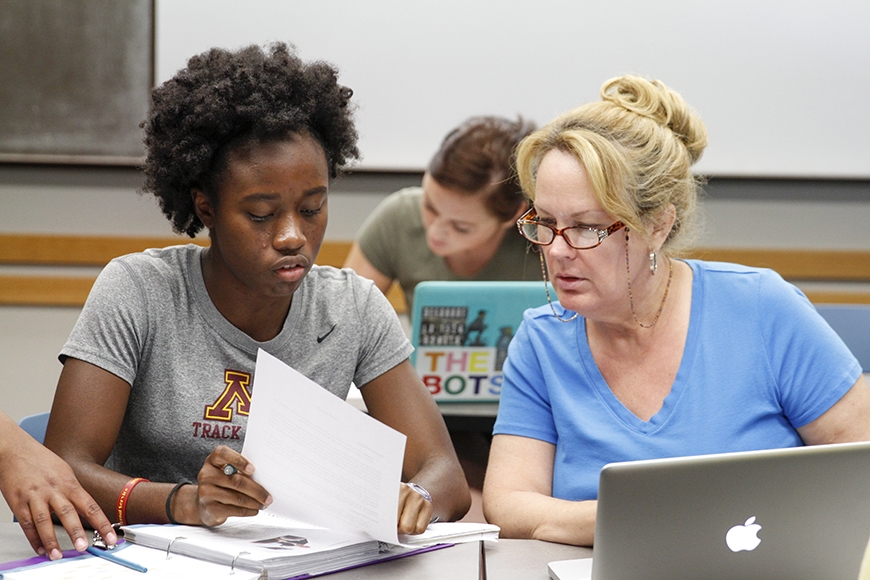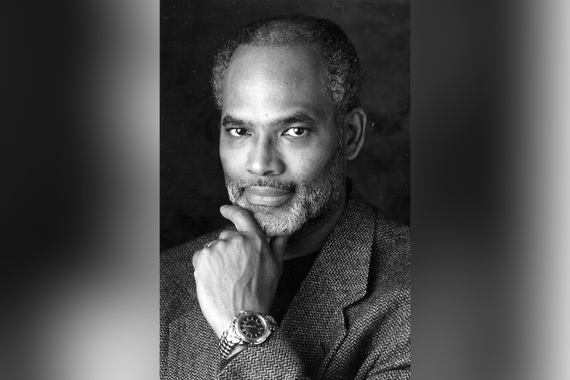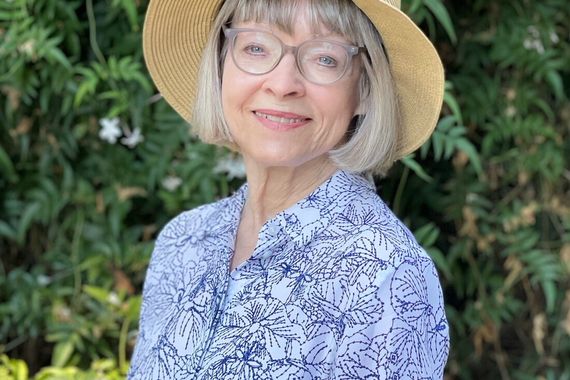Writing for the World
Critical thinking, rhetorical awareness, digital literacy…and a sense of belonging. These are the hallmarks of the First-Year Writing Program, the only universally required course at the University of Minnesota, housed in the Department of Writing Studies.
For Professor Amy Lee, director of the First-Year Writing Program, the values are also personal. “A lot of my professional identity has come from my experience teaching first-year writing,” she says. “It’s such a critical time for our first-year students but it can also be overwhelming. That’s why we want every single student to feel like they matter, belong, and are connected to people who are going to serve them and support their success.”
Even with its holistic approach, Lee acknowledges that the course is often misunderstood, considered to be a space where students are taught “once and for all how to master grammar, spelling, paragraphs.” Additionally, there is the perception that academic writing is homogenous, a one size fits all approach across disciplines and courses, when in reality, writing in academia and beyond is dynamic and multimodal.
“The world of writing and literacy has changed fundamentally, including how students are creating, consuming, and engaging with text,” Lee says. “Whether it’s preparing a cover letter, applying for a job, or writing your grandma a letter, we focus on all the writing we know people will be called to do. And regardless of their experience as writers, we want our students to know that they have something to say and contribute. Their voice and perspective have value.”
Student-Driven Transformations
That student perspective proved especially valuable in 2019. Lee had stepped into her new role as director just as the Department of Writing Studies had begun reimagining the First-Year Writing Program. As the team considered how to refresh the curriculum and strengthen instructor support, one teacher posed a powerful question: what is different for students now?
“Before our students had had traditional high school and college experiences,” recalls Professor Lee-Ann Breuch, chair of the Department of Writing Studies. “Now, they’ve come out of high school experiences that are very different. There is a mental health toll. They are entering worlds of work that no longer look the same as they once did.”
These realities inspired the First-Year Writing Program to initiate several substantial student-centered and instructor-centered developments, including the transition to a zero-cost, all open sources texts model, a partnership with UMN Libraries in the development of information literacy curriculum, an expansion of the First-Year Writing Awards to celebrate student composition, the development of eight guiding frameworks rooted in equity-based teaching practices, and a concerted effort to connect instructors to University resources that support the academic, mental, and physical well-being of first-year students.
Since 2019, the department has offered several workshops on addressing student mental health. “All of these conditions that everyone has been living in come into the classroom,” says Lee. “As we think about the whole person, we have to consider how we take care of ourselves and how we help our students recognize that talking about their health is important. What does it look like to take care of our well-being?”
One of the biggest and, for Lee and Breuch, most exciting, program developments has been the evolution in course delivery. Students can elect to take WRIT 1301 in a fully online, asynchronous format or in a blended course format— two student credit hours in person and two hours delivered online. The model integrates multimodality and digital literacy from the beginning with the flexibility for students to choose the section that’s right for them. Currently, 80% of this year’s sections are delivered in a blended format and 20% are delivered online.
Writing with a Purpose
Throughout all of the program’s transformation, the underlying commitment has remained unchanged: helping students develop a toolkit and critical consciousness as they move into their academic careers and beyond. Breuch describes it as empowering students to find their voice and ultimately, write for the world.
“We’re intentionally helping students prepare for the world of communication which also includes personal communication, things like writing a eulogy or a social media post,” says Lee. “And there are challenges that come with that—handling differences of opinion, getting people to think outside of what’s familiar to them while connecting the course not just to their academics but to their lives.”
Fast Facts
- Over 5,000 first-year students will complete WRIT 1301 this year
- Courses are capped at 19 students totaling 120 sections each semester
- WRIT 1301 is taught by 37 professional instructors and 16-20 graduate instructors



